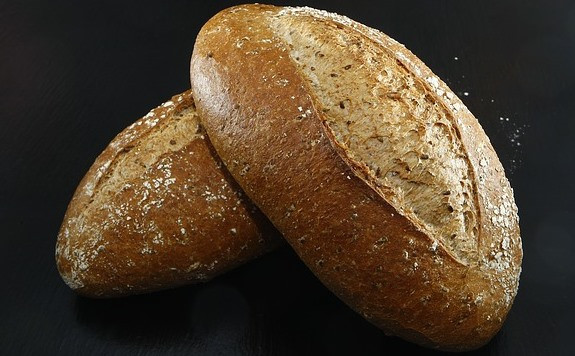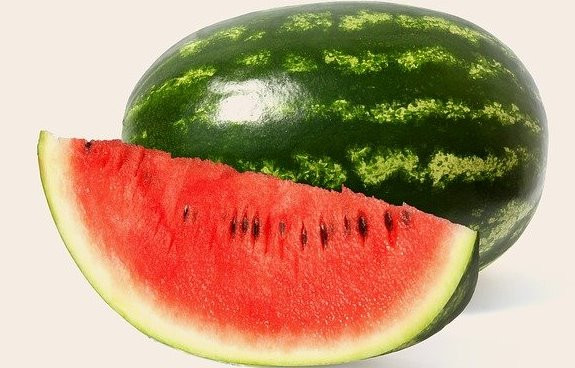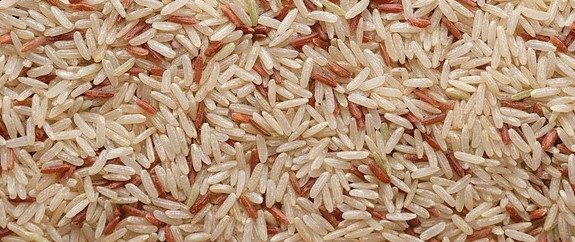Carbohydrates
Carbohydrates are needed by our bodies for energy; they can be split into two types sugar and starch.
Sugars such as fructose and glucose are naturally found in fruits and vegetables. Sugar can also be added during the manufacturing of sweets, cakes and fizzy drinks; these added sugars are referred to as empty calories as they have no nutritional benefit other than energy.
Starch can be found in cereals, bread, potatoes, rice and pasta. Starch can also be found in fruit and vegetables in smaller amounts. Starchy foods contain nutrients such as iron, calcium and vitamin B. Wholegrain starch foods are also high in fibre.

When we eat foods that contain carbohydrates our body breaks down the sugar and starch into glucose, which is absorbed into our blood and used by our bodies for energy.
Simple carbohydrates such as sugar are digested quickly making blood sugar levels rise quickly and provide the body with a short burst of energy.
Simple carbohydrates can be divided into monosaccharides and disaccharides.
Monosaccharides are the most basic sugar molecules such as glucose and fructose
Disaccharides are made up of two monosaccharides. Sucrose for example is made up of glucose and fructose.
Complex carbohydrates such as starch take a lot longer to digest than simple ones, gradually increasing blood sugar levels and providing slow and steady release of energy.
Complex carbohydrates are polysaccharides and are made up of lots of monosaccharides joined together. Starches are made up of lots of glucose molecules.
The Glycaemic index (GI) rates carbohydrates on how quickly they affect blood sugar levels. The GI helps people with diabetes choose low GI carbohydrates so they can avoid surges in blood sugar levels.
High GI foods include cornflakes, watermelon and white rice, white pasta and white bread they are digested rapidly which can cause a quick rise in blood sugar levels.

Low GI foods including porridge, peaches, brown rice, wholewheat bread and wholewheat pasta are digested slowly causing a gradual rise in blood sugar levels.

Carbohydrates should make up roughly half of our food energy according to government guidelines. Most of this food energy should come from starchy food like pasta and bread and natural sugars such as those found in fruit and vegetables. Free sugars that are added to sweet food and drinks during manufacturing and those found in fruit juice should make up no more than 5% of our food energy.
Like with protein and fat excess or deficiency in carbohydrate in our diet is unhealthy and can affect how our bodies function negatively.
If we eat too many carbohydrates our body converts the excess into fat which can lead to obesity. Sugars are digested quickly, If we don’t use the energy from sugars immediately then our bodies will store it as fat. Too many sugary foods and drinks can cause tooth decay. Simple carbohydrates are quickly digested and so can cause surges in blood sugar levels. If our blood sugar levels fluctuate too much it can lead to type two diabetes.
If we don’t eat enough carbohydrate our blood sugar levels drop which can cause hunger, tiredness and dizziness. If we don’t get enough carbohydrate our bodies will start to use up the stored fat. If we also have a fat deficiency then our bodies have to use up protein which can make us weaker as we can lose muscle mass.
